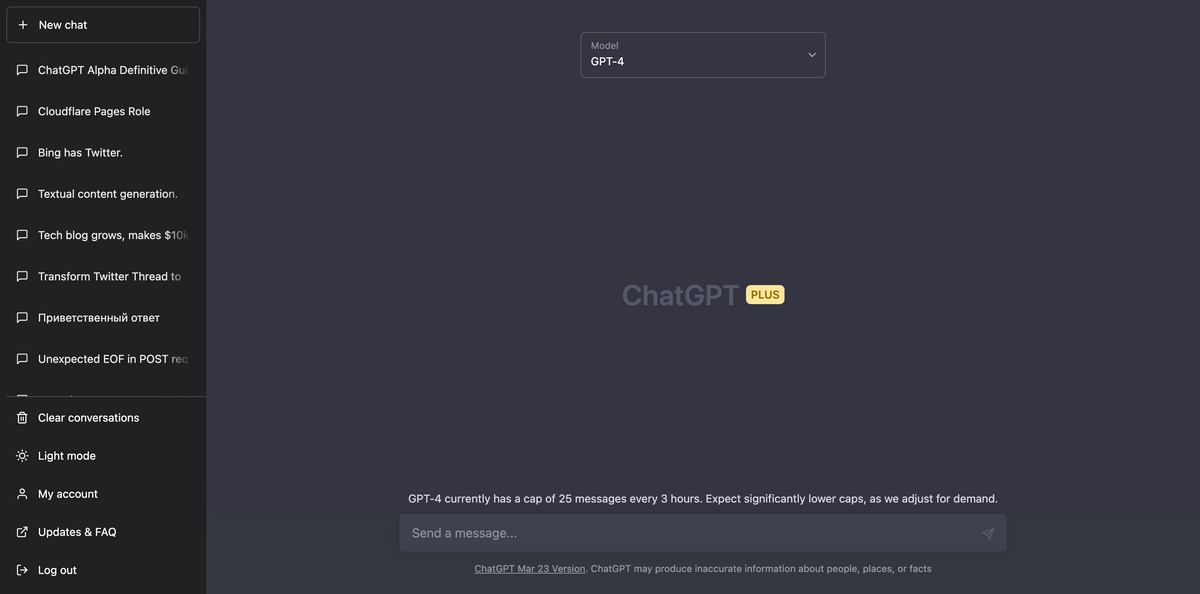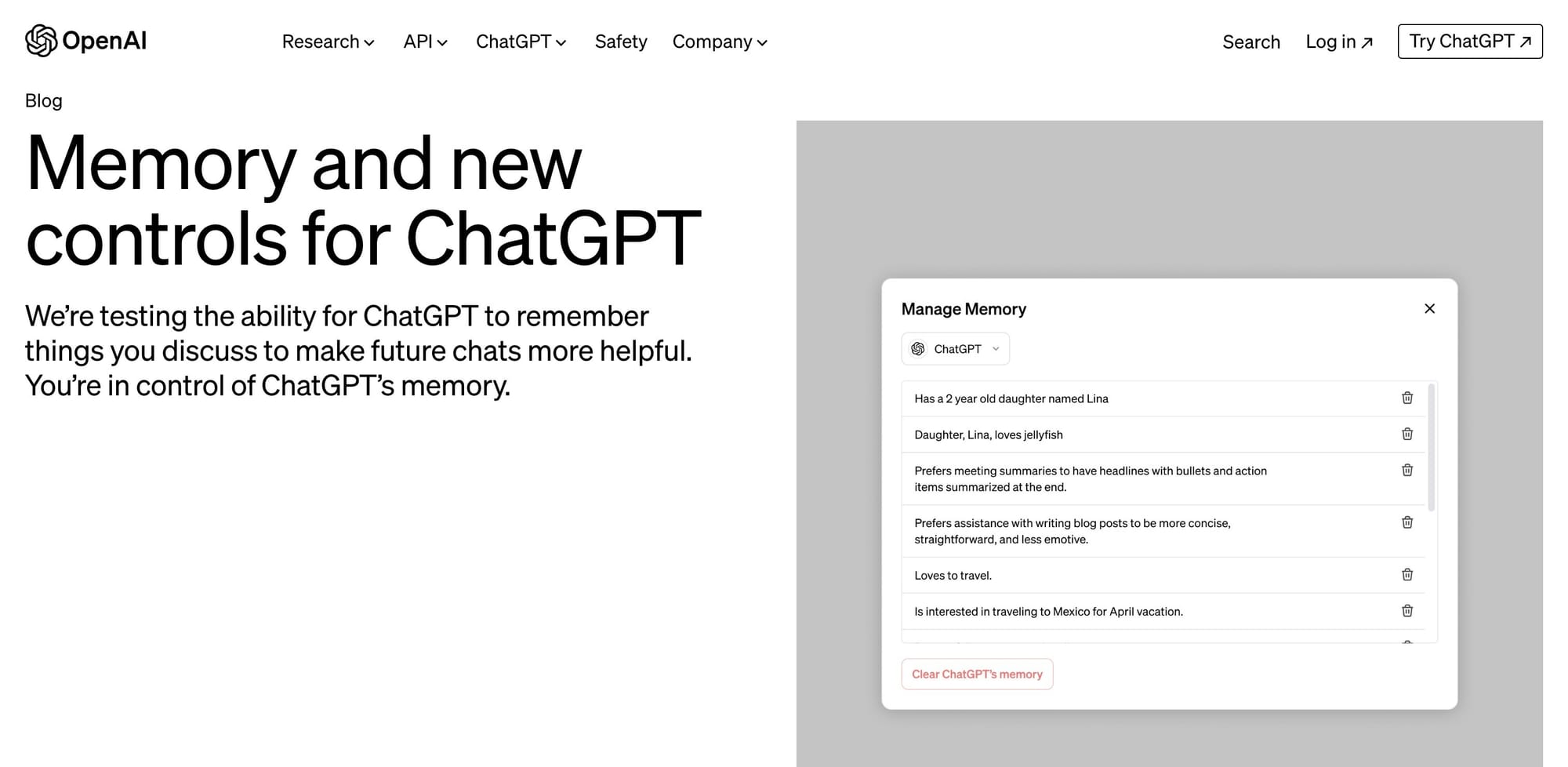The world of artificial intelligence continues to evolve, and with each step, AI becomes more personalized and interactive. OpenAI has just enriched the ChatGPT experience with a new memory feature, set to redefine how we interact with AI interfaces. Initially available to a select group of ChatGPT Free and Plus users, this feature introduces a personal touch to AI conversations – allowing ChatGPT to retain contextual information across sessions, ensuring a more cohesive and customized interaction. As we lean closer to a future where AI remembers and adapts, let's dive into how this feature works and who stands to gain the most from it.
Previously leaked and discovered, the memory feature is designed to enable ChatGPT to retain personalized context about the user. This enhancement not only allows for a more tailored interaction but also grants users significant control over the information ChatGPT remembers. Users will have the ability to delete specific details, ensuring privacy and personalization.
ChatGPT Memory
How to Access and Use the Memory Feature
- Check if you're part of the limited pool of users by visiting the ChatGPT website and logging into your account.
- If you have access, you'll notice a new option or toggle that indicates the memory feature in the settings menu of ChatGPT.
- Interact with ChatGPT as you normally would. The AI will begin to retain certain information from your conversations to create a more seamless experience in future interactions.
- Manage the information ChatGPT remembers by accessing a ‘notepad’ through the settings, where you can review and delete specific details if necessary.
- If you use custom GPTs, look for a separate toggle to manage memory settings specifically for your custom models.
ChatGPT Memory
Who Benefits from the Memory Feature?
The memory feature is particularly beneficial for prompt engineers and AI early adopters who are looking to build a more meaningful relationship with their AI. Professionals who require continuity in their AI-driven tasks will find this feature revolutionary, as it significantly reduces repetition in instructing the AI. Creative users will get to see their ideas evolve over time with the AI 'remembering' past interactions, fostering a collaborative atmosphere. Privacy-conscious individuals will appreciate the level of control over the memory content, ensuring that the AI only retains information that users are comfortable sharing.
ChatGPT Memory
The Evolution of ChatGPT
ChatGPT is among the frontrunners in the realm of conversational AI, powered by OpenAI's robust GPT models. With its ability to comprehend and generate human-like text responses, ChatGPT has been adopted for a multitude of purposes, from casual chatting to complex problem-solving. The introduction of this memory feature represents a significant milestone, one that paves the way for more dynamic and productive human-AI interactions. ChatGPT's adaptive capability demonstrates OpenAI's commitment to making AI not just smarter, but more aligned with human preferences and needs.

Sources
The insight on OpenAI's limited rollout of the memory feature for ChatGPT comes from an official blog post on the OpenAI website. The post, which was published recently, outlines the implementation of the new feature, which is presently available to a select group of users. In this initial phase, the feature is being evaluated for its effectiveness and user reception before considering a wider release.
When it comes to the credibility of our information, TestingCatalog ensures that all reported features and announcements are meticulously verified by our authors. We believe in providing our readers with firsthand experiences, hence we not only rely on official announcements but also test new features ourselves to deliver accurate and reliable news.







